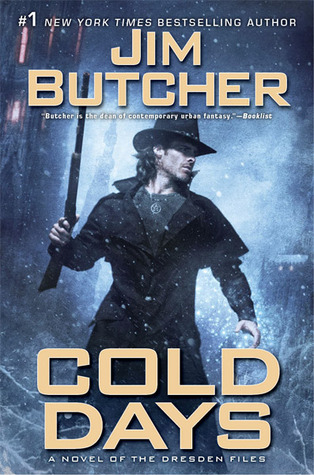I didn't actually spend the entire time reading: I doped myself with Gravol and managed to get some very uncomfortable sleep on the plane. (Why do we do this to ourselves? Travel by Zepplin would be way more comfortable!) But I got through a few books on my TBR:
First I reread Pathfinder, since it's been a while, and then I read the second book, Ruins. The story idea is pretty interesting, like all Card's ideas: (spoiler for Pathfinder in yellow). Imagine a planet colonized by eleven versions of the same colonists, who are kept separate from each other for 11,000 years as an experiment to see what sort of social and biological evolution will happen.
The plot was mostly idea-based--the entire story is really one big thought experiment. I enjoyed seeing where Card took it, but I have to say that by the end of Ruins, I couldn't stand any of the characters. They spend most of the book sniping at each other in really annoying snarky dialog. They're all completely arrogant and self-absorbed, and it's hard to see why they stay together. But I'm curious enough to know what's going to happen next that I'll probably read the next book.
 Cold Days is the latest (as in #14) Harry Dresden novel. You could probably start reading the series here, but you'd miss out on 13 books of character and world-development. I guess it's a bit like a soap opera I'm addicted to, but I have to say that if a series drops off in quality then I don't keep reading it, and this one just keeps getting better. Butcher takes the typical paranormal elements--vampires, faeries, gods, magic, etc. etc.--and recreates them in fun, original ways in an internally consistent world that I find impressively believable. What's really impressive is that he manages to add more depth to the world in every book: both good guys and bad guys get more complex and more interesting. I love Harry, the wise-ass underdog wizard whose greatest strength turns out to be his bloody-minded stubbornness. He's just trying to do the right thing, dammit. And it just keeps getting harder. So, yeah, two thumbs up to this one. (There's a big twist at the end that worries me: how's Butcher going to make this turn out okay?!)
Cold Days is the latest (as in #14) Harry Dresden novel. You could probably start reading the series here, but you'd miss out on 13 books of character and world-development. I guess it's a bit like a soap opera I'm addicted to, but I have to say that if a series drops off in quality then I don't keep reading it, and this one just keeps getting better. Butcher takes the typical paranormal elements--vampires, faeries, gods, magic, etc. etc.--and recreates them in fun, original ways in an internally consistent world that I find impressively believable. What's really impressive is that he manages to add more depth to the world in every book: both good guys and bad guys get more complex and more interesting. I love Harry, the wise-ass underdog wizard whose greatest strength turns out to be his bloody-minded stubbornness. He's just trying to do the right thing, dammit. And it just keeps getting harder. So, yeah, two thumbs up to this one. (There's a big twist at the end that worries me: how's Butcher going to make this turn out okay?!)
I think I'll sign off now and get another post out of my vacation reading!


